Guest post Friday is honored to welcome Drew Tewell — the author of the book, The Dream Job Program: Get the job you want. He helps young professionals land their dream job. You can connect with Drew at his blog (and get a free copy of his book for a limited time), on Twitter or Facebook.
“What should I be doing now?” is a question I get a lot from people in their 20s. The answer is that you should be respecting yourself as you learn about yourself. You should give yourself the space to do anything and then look closely to see what you enjoy. You do not need to get paid for what you enjoy, but you need to find a way to commit to what you enjoy, and then use that as a foundation to grow your adult life. (Penelope Trunk)

Photo Credit: Sean MacEntee
1. History to learn from
You have probably heard the saying, “History repeats itself”. How can you keep history from repeating itself, at least the things you don’t want to repeat? By learning from it.
This is true when it comes to work.
You can learn from:
– good jobs…what was it about them that I liked
– bad jobs…what was it about them that I didn’t like
Here is a list of jobs I held in my 20′s, both good and bad:
21 – 24 Youth Leader
24 – 26 In transition (see My Story)
26 – 28 Instructor/Case Manager
28 – 32 Customer Service Representative
Each job, in the good, the bad, and the ugly, taught me something vital that I needed to work towards my dream.
2. Experience to build on
When looking for a job, how many times have you seen positions that are supposedly entry-level only to read under the listed requirements…Experience: Two years, or something similar.
How, if you are looking for an entry-level position, will you ever find one, if they all require experience that you don’t have?
We all have to start somewhere.
My first job in my 20′s I loved. I had just completed two years of training and a year long internship. I believed I was born to do this job.
At 24 years old and having left that job, I had a related dream. It was what I knew. I thought about my dream for over 5 years. I would write out my plans of what I was going to do and who would be on my team. But, I never took consistent action on it. Over time, I started to lose touch with my dream and it began to fade.
Then, when I was 30, I found a new dream. I created a website. In just over a year I registered the business with my state. Six months later, I worked with my first client. In less than a year from working with my first client, I wrote a book on the subject. And the foundation for the direction that my business and book ended up taking was what I learned at my previous job as an instructor and case manager.
3. Skills to use now and later
You see, when I was 26 years old, I got job as an instructor for career planning and job search. I also ended up working as a case manager for two other employment related programs at that same organization.
At the time, like I mentioned earlier, I had a dream related to a previous line of work that I was in. I wasn’t really excited about helping people with their job or career needs.
Now, it’s what I do and it’s an important part of my overall goals and dreams.
Currently, you may find yourself in a work situation that is less than favorable, maybe even barley tolerable. But one thing of value that you can gain, even at a job that you don’t like, are new skills. Skills that you can use now and later.
What skills have you learned from your less than favorable job?
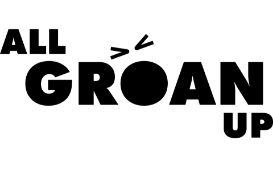



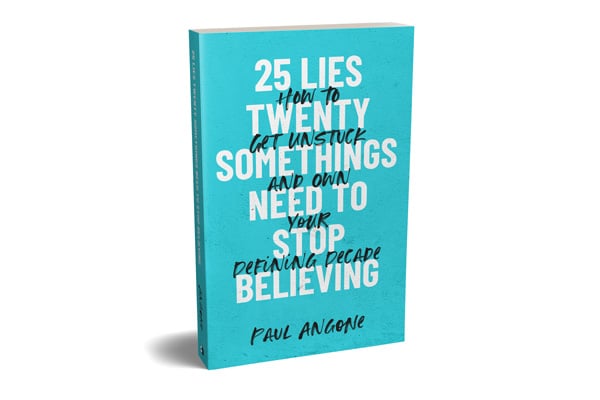
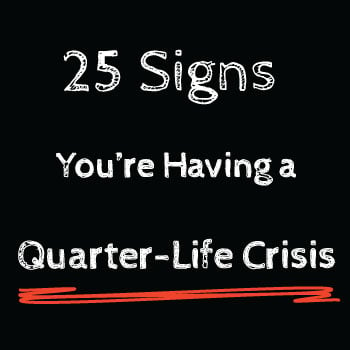
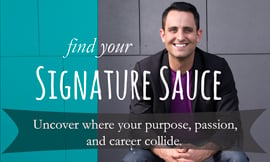
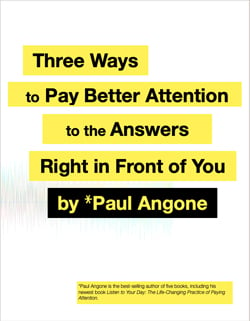
0 Comments